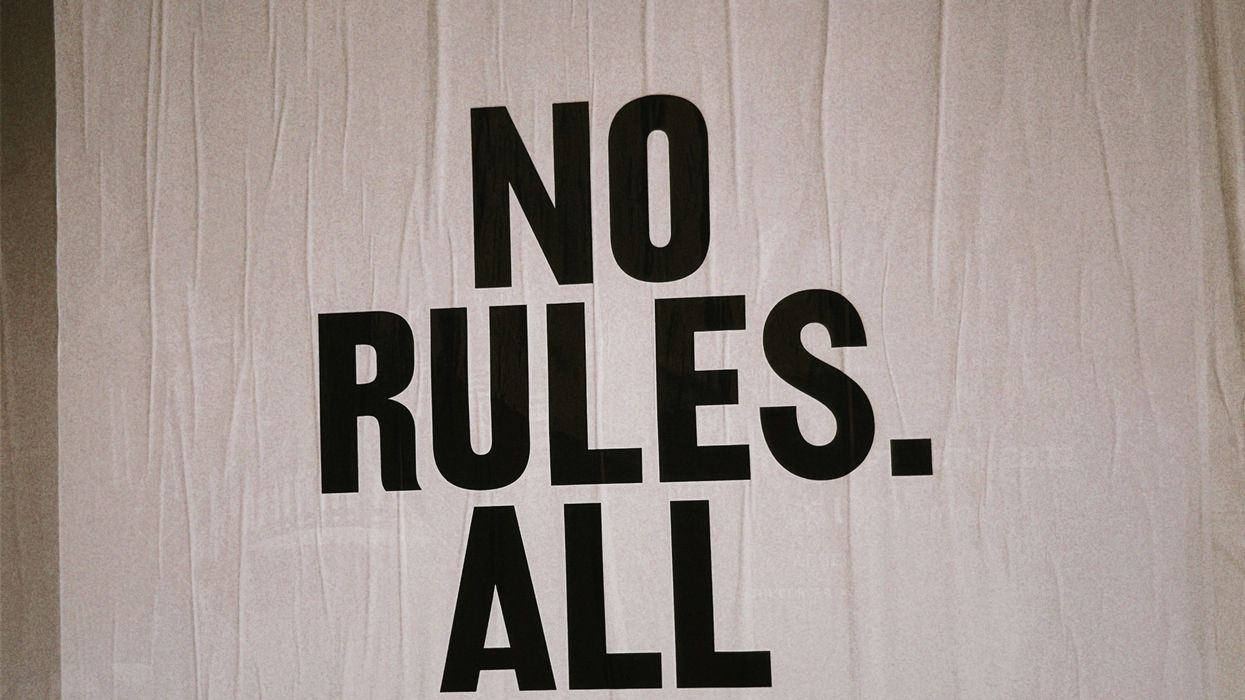When Governor Phil Murphy signed a suite of laws to legalize adult-use cannabis in New Jersey, he was vocal about the state’s plan of action, ensuring the legislation would reflect the industry’s blatant need for equity, expungement, and long overdue justice for the victims of the country’s War on Drugs.
The state’s court seemed to initially stay true to their word, expunging over 360,000 cannabis convictions within the first few months of legalization.
However, this hasn’t stopped New Jersey’s government from contradicting themselves entirely, as a June 2022 appeals panel just ruled against four men with expunged cannabis records attempting to enter a diversionary program for first-time criminal offenders.
To put our reaction to this bluntly: WTF?
Post-Legalization New Jersey Continues to Target People for Cannabis Possession
The cannabis industry has been closely linked to the country’s War on Drugs for decades, and while legalization should imply an end to this unfair targeting of consumers and operators, that hasn’t been the case in most regions.
“The main goals of our administration’s cannabis reform efforts have always been to promote social justice and reverse decades of disparate treatment of minority and low-income New Jerseyans because of the failed War on Drugs,” Murphy said in a statement released to NORML.
“I am immensely proud that decriminalizing cannabis has led to a reduction of unnecessary arrests among communities of color. Social justice will continue to guide our ongoing efforts toward the establishment of New Jersey’s adult-use recreational cannabis market.”
Although the state went on to grant a number of expungements to people with cannabis convictions tainting their records – some of the aftereffects are proving this initiative isn’t as revolutionary as it sounds in passing.
Not only is the state’s government continuing to target cannabis operators and consumers (particularly within the still-flourishing legacy market) under the still-federally-illegal loophole, but those who’ve benefited from record expungement aren’t really benefiting in the bigger picture.
New Jersey’s Expungement Cases Are Still Being Judged Unfairly
A prime (and startlingly recent) example of this is the June 2022 ruling against four men with previous cannabis convictions that were erased from their records – or so they thought.
The four men were seeking to enter a diversionary program for first-time criminal offenders. Each man had a prior non-violent cannabis conviction, along with a more recent charge for more serious offenses, ranging from attempted burglary to conspiracy to commit credit card fraud.
If the cannabis expungements are being taken seriously, then these men are all first-time offenders, and therefore aptly qualified for the diversionary program.
At first, three of the four cases appeared to be reviewed justly, as the trial judges approved pretrial intervention on the grounds that these prior cannabis discharges didn’t count as a first offense.
However, Judge Hany A. Mawla reversed these three rulings to mirror the fourth, in which it was determined that the defendant had already used up his “one shot” at a diversionary program when his cannabis charge was expunged.
Many cannabis activists in the region are attempting to fight this ruling, both to bring justice to the four men and establish fairer practices for cannabis expungements moving forward.
“The appellate court took a very narrow reading of what the marijuana legalization bill did, and it failed to account for the fact that the legalization bill was explicitly designed to remedy the gross injustice that had been perpetuated by the marijuana prohibition scheme,” said Alexander Shalom, Senior Supervising Attorney and Director of Supreme Court Advocacy at the ACLU-NJ, in an interview.
“We get the idea that generally we only want to give people one bite at the apple. But what if the thing for which they got the first diversion was something so discriminatory and so wrong?”
Essentially, the confusing discrepancy can be chalked up to two of the state’s statutes: the 2013 diversionary program law, and the 2021 decriminalization of cannabis in New Jersey. The statutes’ languages are at odds with one another, which is something that begs to be resolved before more people are unfairly targeted for their cannabis pasts they were misled to believe wouldn’t count against them anymore.
Proposed legislation is already in the works, thanks to the actions of the ACLU-NJ and the state’s assembly people who support progress and justice within the cannabis arena.
Assemblyman Raj Mukherji (D-Hudson) and Assemblywomen Angela McKnight (D-Hudson) and Annette Quijano (D-Union) introduced Bill A1978 in January 2022, which, if passed, would allow anyone who had a prior cannabis conviction expunged to participate in a pretrial diversionary program if charged with a new crime.
The passage of this bill could be revolutionary, both for New Jersey residents hoping to be treated with the fairness they were initially promised when cannabis was decriminalized, and for the rest of the country still working on legal cannabis programs that make sense.
However, New Jersey still has a long way to go with non-violent cannabis lovers like Humberto Ramirez still living behind bars.
Need a little more Bluntness in your life? Subscribe for our newsletter to stay in the loop.
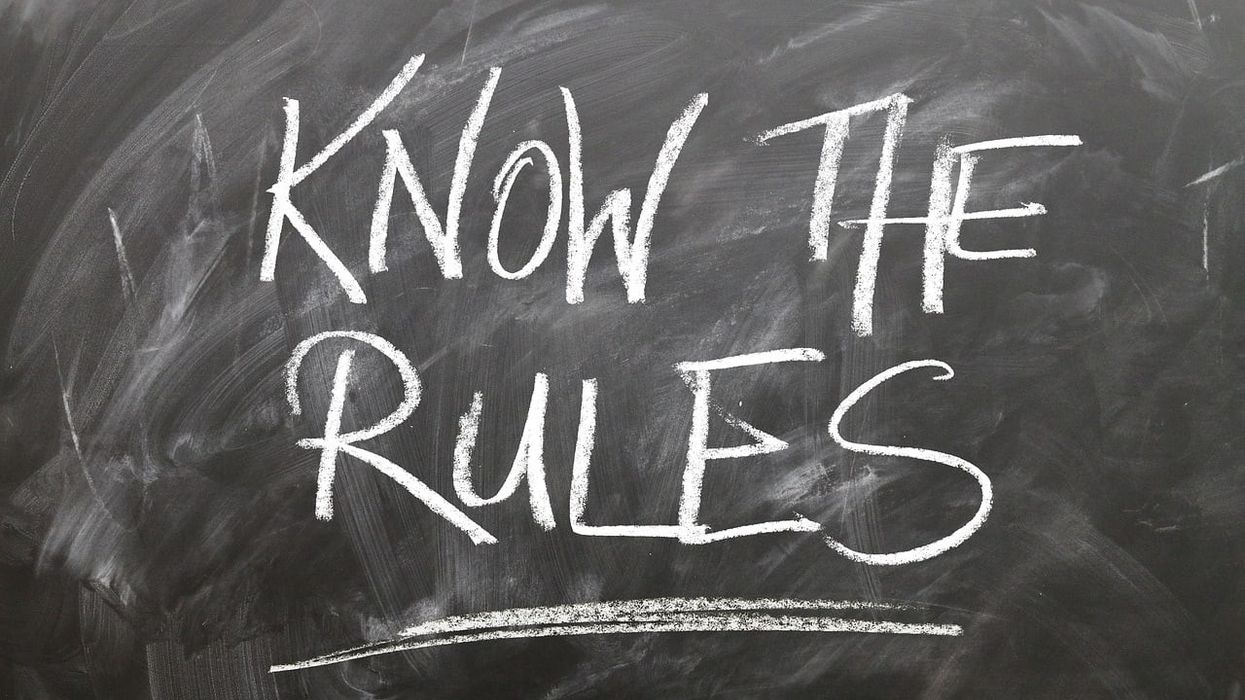



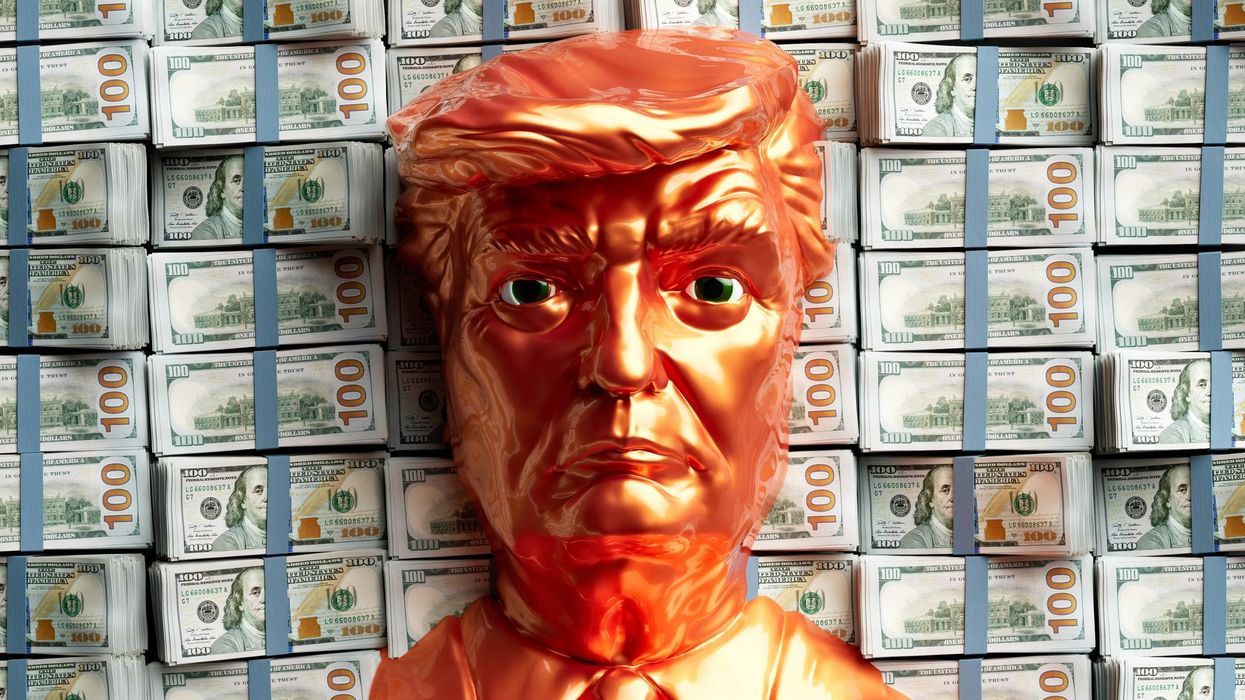


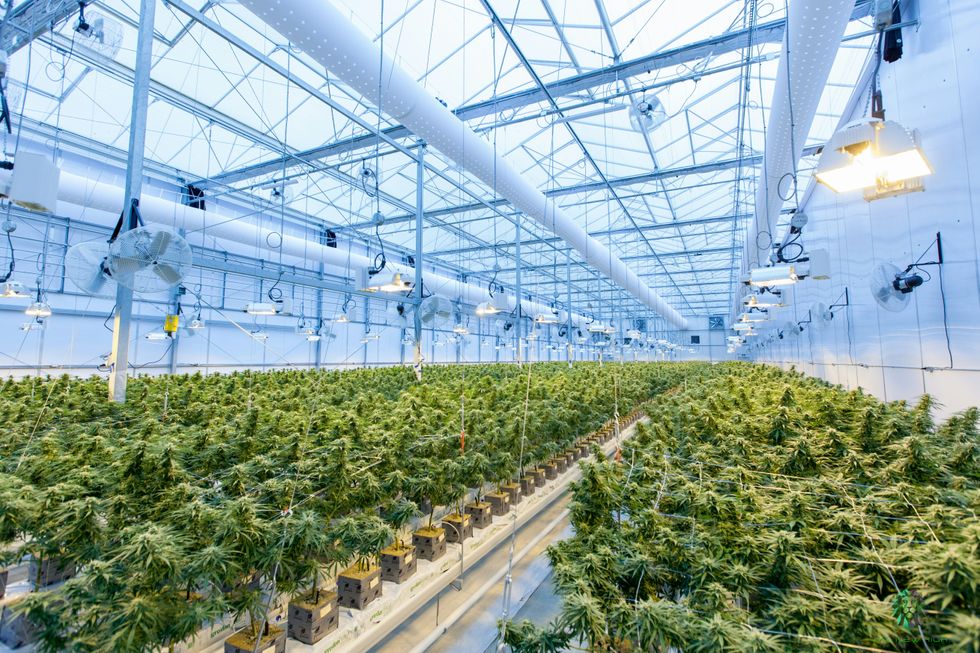 When it comes to pricing, cultivation methods matter - The Bluntness
Photo by
When it comes to pricing, cultivation methods matter - The Bluntness
Photo by 




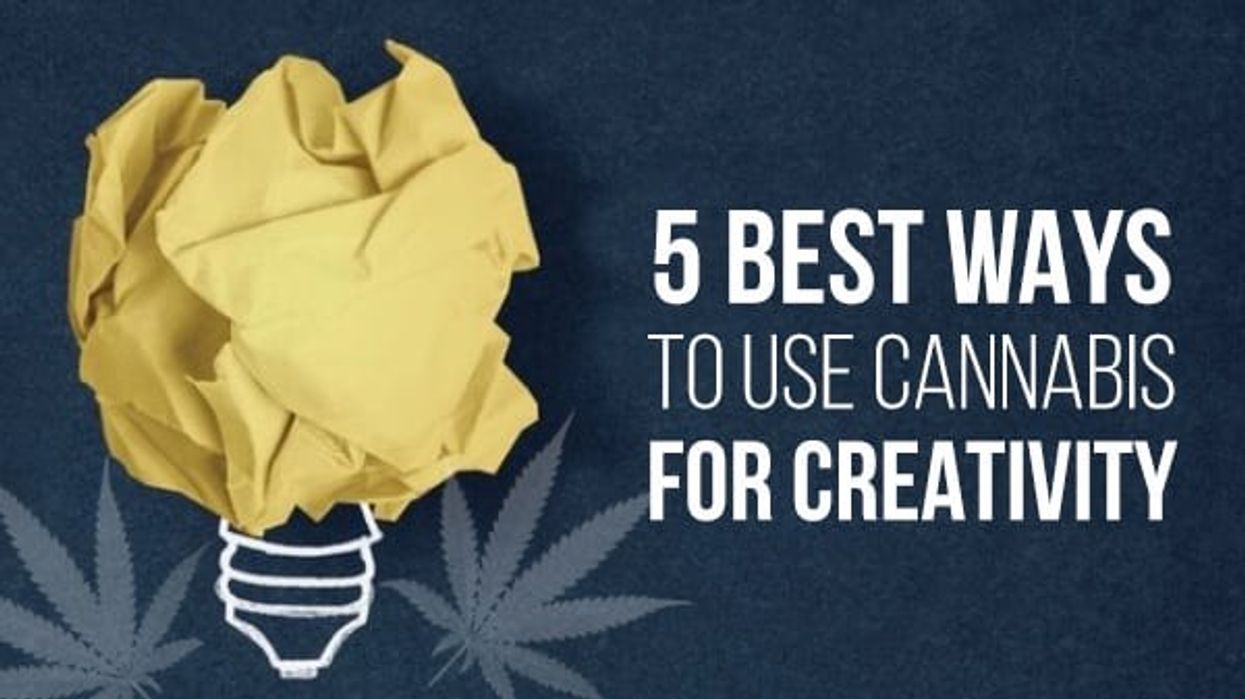
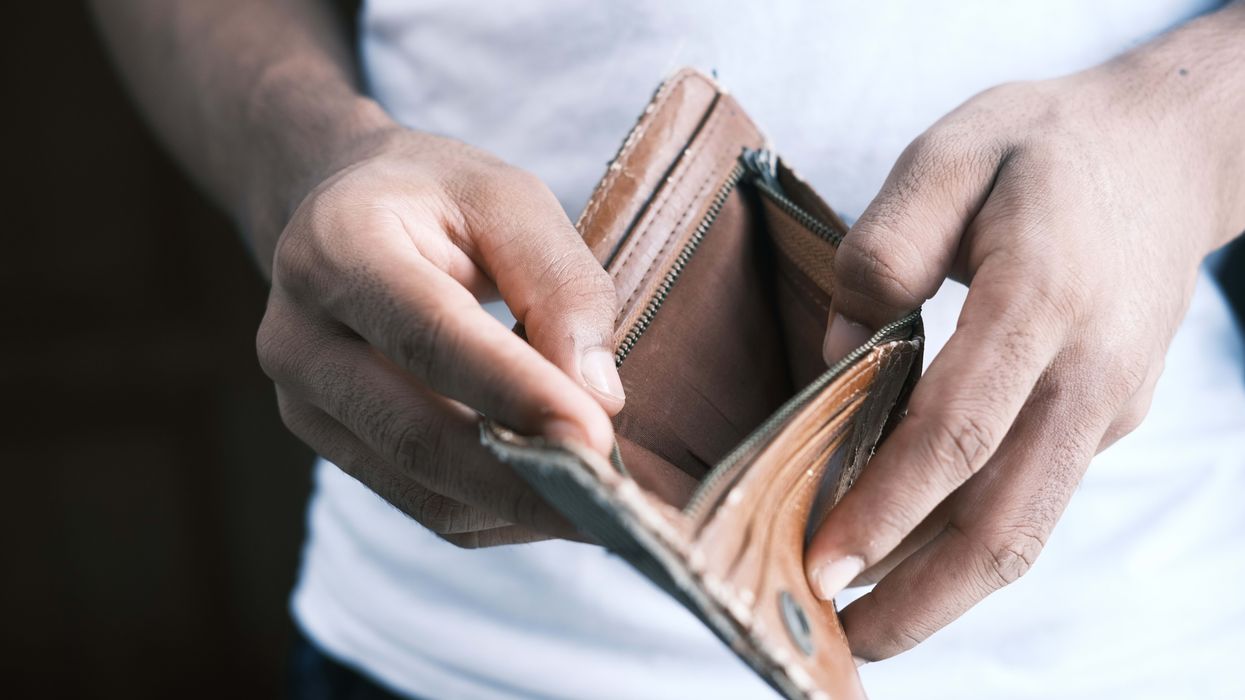

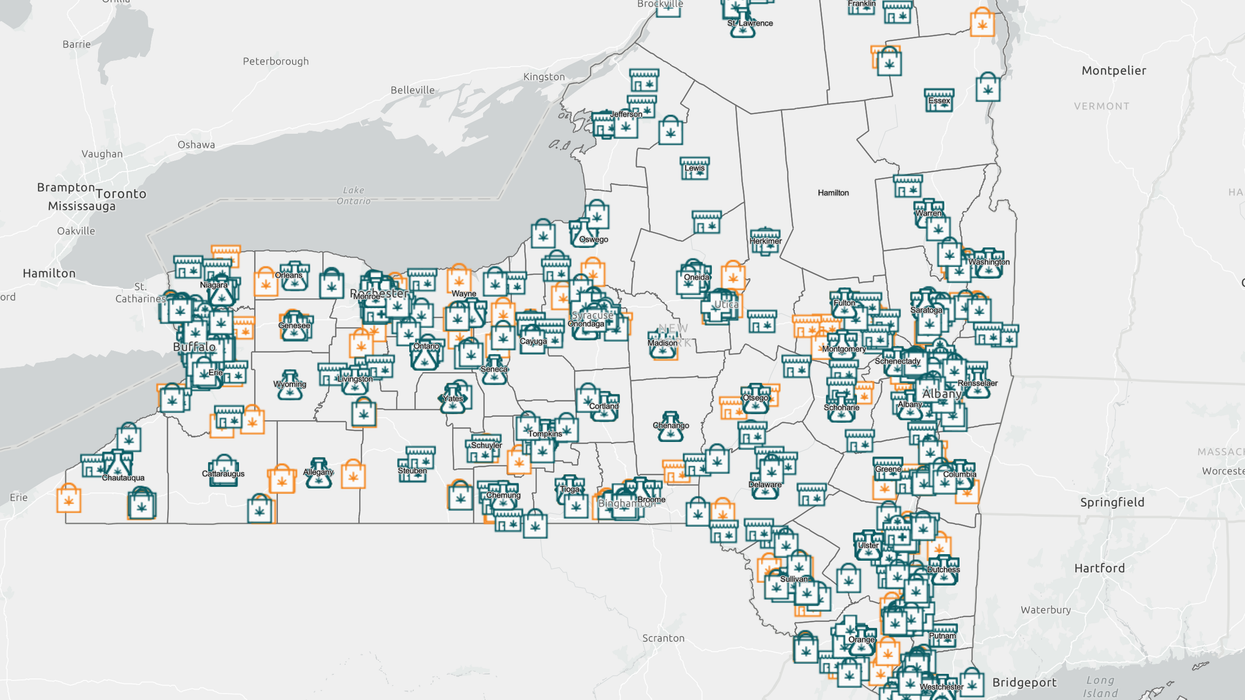
 The mix of in-state and out of state brands at a legal NY dispensary
The mix of in-state and out of state brands at a legal NY dispensary